Intel unveils 7th-generation Kaby Lake processors
Chips will appear in 4K laptops that begin shipping in September
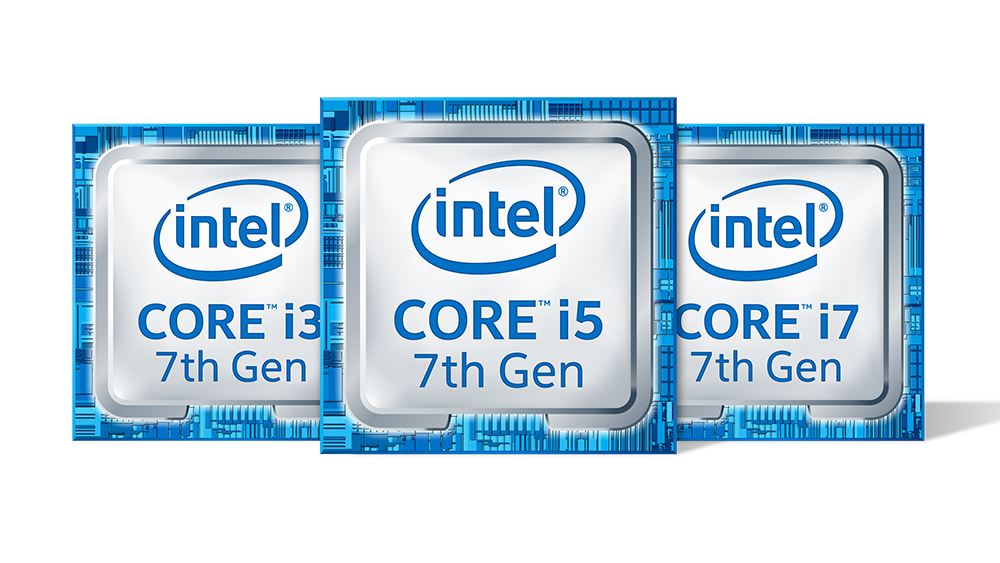

Intel's forthcoming 7th generation of its Intel Core processors, codenamed 'Kaby Lake', will target 4K computers, the chipmaker has confirmed.
The company is heavily targeting mobile productivity, gaming performance and 4K video capabilities with its new CPUs, and will pursue an aggressive release schedule, it said in a media briefing held last week.
Intel claimed its new processors boast double-digit performance gains over the previous generation, including up to 12% productivity boosts and 19% faster web performance.
The new chips include several new technologies, such as a brand new media engine for video decoding which offers 9.5 hours of battery life when watching 4K videos, and the ability to encode a one hour 4K video in just 12 minutes.
The Y-series CPUs are available in Core-i7, Core-i5 and Core-m3 formats, while the U-series models are available in Core-i7, Core-i5 and Core-i3 configurations. The new CPUs will all have dual cores, with hyperthreading and two memory channels.
The Y-series processors have a base clock frequency of 1.3GHz and maximum single core frequency of 3.6GHz for the Core-i7 units, while the U-series Core-i7 models have a base frequency of 2.7GHz and a max single core frequency of 3.5GHz.
In contrast with the delays that plagued last year's Skylake chips, Intel hopes that consumers will be able to get their hands on devices running its 7th-generation CPUs as soon as next month.
Get the ITPro daily newsletter
Sign up today and you will receive a free copy of our Future Focus 2025 report - the leading guidance on AI, cybersecurity and other IT challenges as per 700+ senior executives
OEMs are expected to begin shipping devices powered by the new chips in September, with more than 100 different models and designs available in time for the holiday shopping season in Q4 2016.
The range will include more than 50 4K devices including laptops, 2-in-1s and convertibles, more than 100 models with Windows Hello support, and more than 120 designs compatible with the Thunderbolt 3.0 standard.
Mobility is also being heavily prioritised, with clamshells less than 10mm thick, detachables less than 7mm thick, and the world's thinnest convertible at just 10mm thick.
The company will release more chips in January 2017 to cater for additional product brackets, including high-performance gaming SKUs and chips for enterprise users and workstations.
Adam Shepherd has been a technology journalist since 2015, covering everything from cloud storage and security, to smartphones and servers. Over the course of his career, he’s seen the spread of 5G, the growing ubiquity of wireless devices, and the start of the connected revolution. He’s also been to more trade shows and technology conferences than he cares to count.
Adam is an avid follower of the latest hardware innovations, and he is never happier than when tinkering with complex network configurations, or exploring a new Linux distro. He was also previously a co-host on the ITPro Podcast, where he was often found ranting about his love of strange gadgets, his disdain for Windows Mobile, and everything in between.
You can find Adam tweeting about enterprise technology (or more often bad jokes) @AdamShepherUK.
-
 Should AI PCs be part of your next hardware refresh?
Should AI PCs be part of your next hardware refresh?AI PCs are fast becoming a business staple and a surefire way to future-proof your business
By Bobby Hellard
-
 Westcon-Comstor and Vectra AI launch brace of new channel initiatives
Westcon-Comstor and Vectra AI launch brace of new channel initiativesNews Westcon-Comstor and Vectra AI have announced the launch of two new channel growth initiatives focused on the managed security service provider (MSSP) space and AWS Marketplace.
By Daniel Todd
-
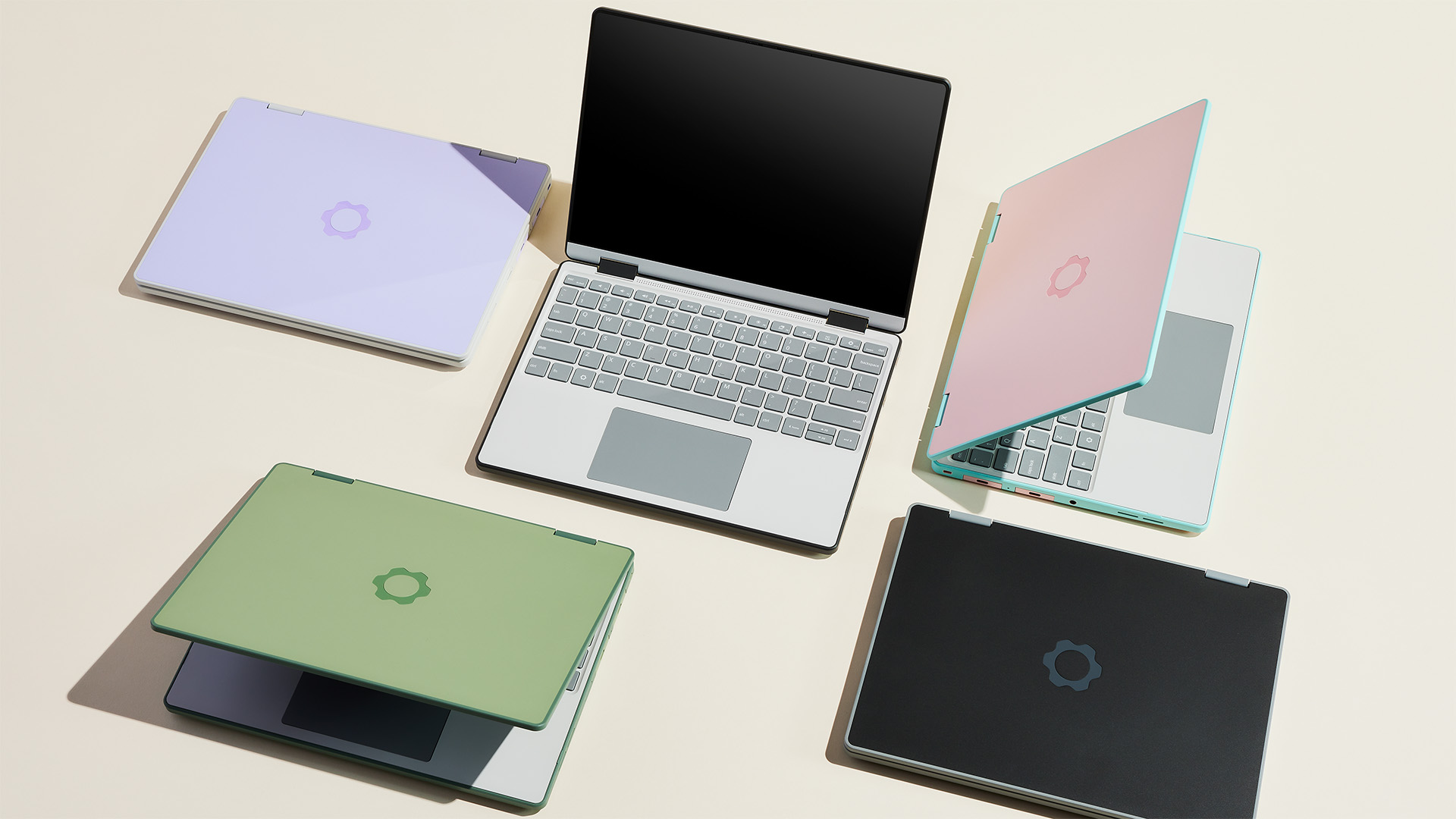 ‘We would have to sell the lowest-end SKUs at a loss’: Framework says it’s ‘temporarily pausing’ some US laptop sales amid tariff disruption
‘We would have to sell the lowest-end SKUs at a loss’: Framework says it’s ‘temporarily pausing’ some US laptop sales amid tariff disruptionNews Modular laptop designer Framework says it is “temporarily pausing US sales” in response to the disruption caused by US tariffs on Taiwanese imports.
By Ross Kelly
-
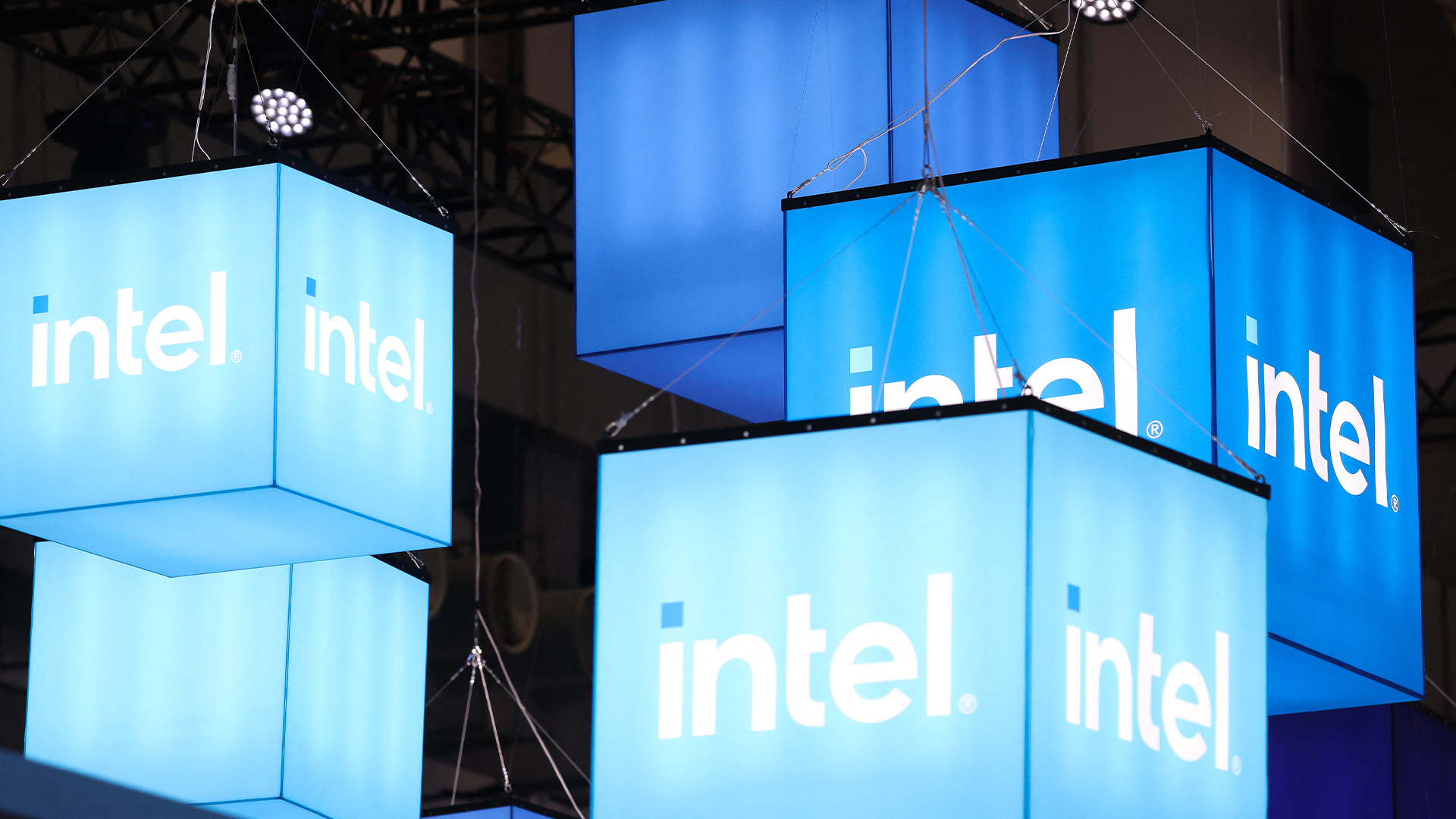 The gloves are off at Intel as new CEO plots major strategy shift
The gloves are off at Intel as new CEO plots major strategy shiftNews Intel’s incoming CEO has some big plans for the firm’s business strategy, sources familiar with the matter have told Reuters, with more job cuts looming on the horizon.
By George Fitzmaurice
-
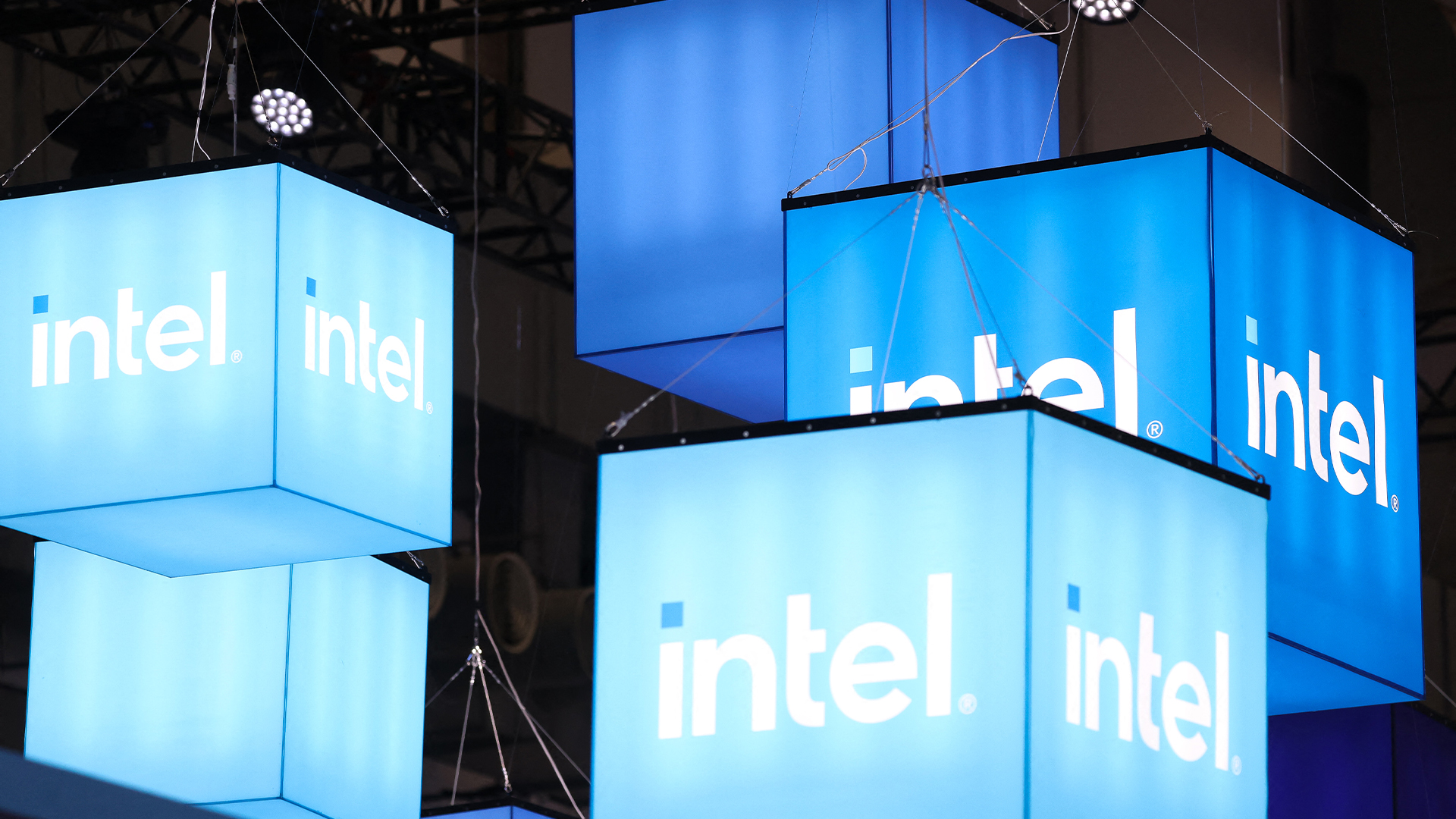 Intel just won a 15-year legal battle against EU
Intel just won a 15-year legal battle against EUNews Ruled to have engaged in anti-competitive practices back in 2009, Intel has finally succeeded in overturning a record fine
By Emma Woollacott
-
 AMD and Intel’s new x86 advisory group looks to tackle Arm, but will it succeed?
AMD and Intel’s new x86 advisory group looks to tackle Arm, but will it succeed?News The pair will look to make x86 CPU architecture more interoperable
By George Fitzmaurice
-
 Why the world is about to be swamped with AI PCs
Why the world is about to be swamped with AI PCsNews With adoption rates set to surge, AI PCs will become far more mainstream in years to come
By Nicole Kobie
-
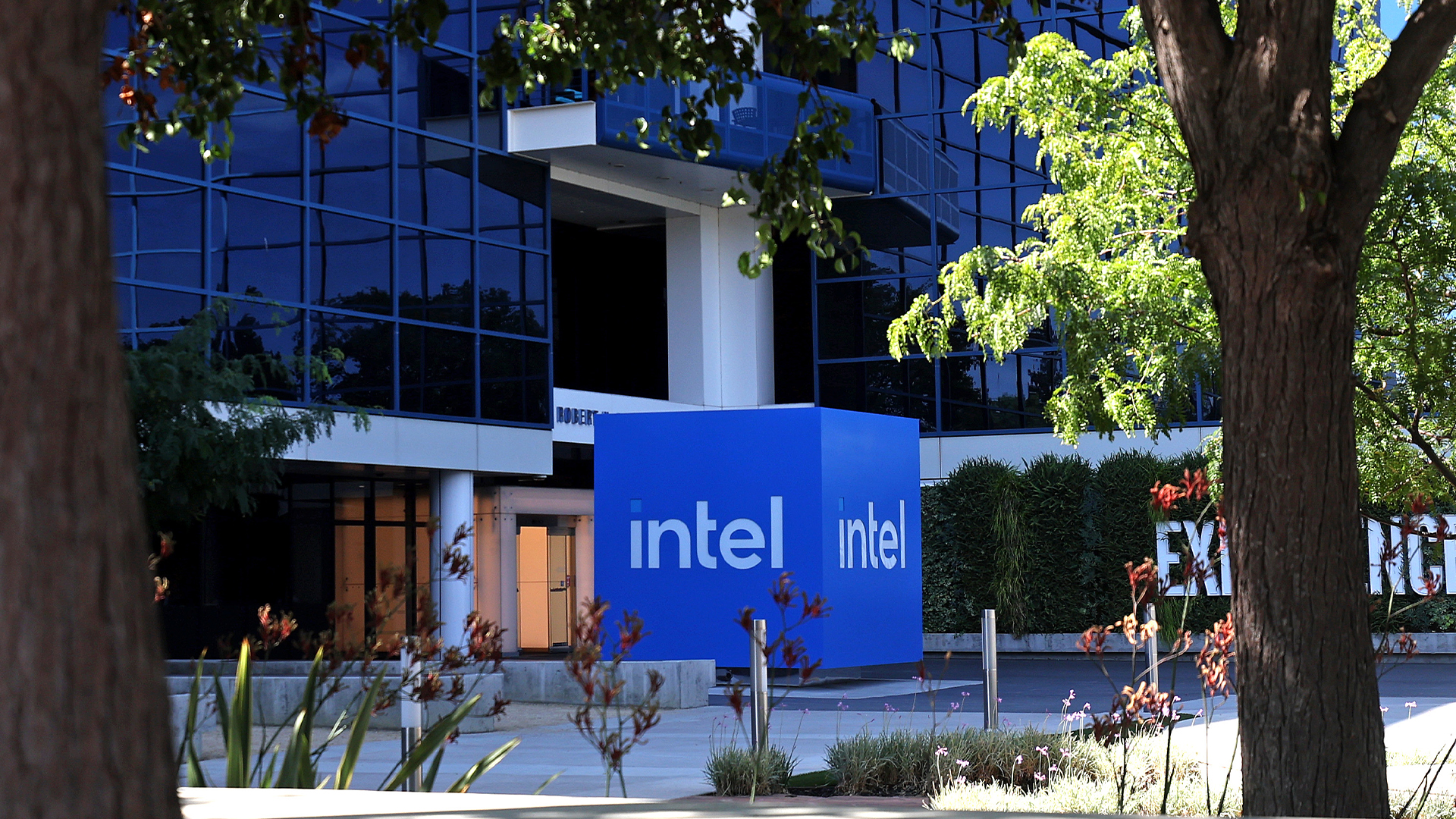 Intel needs to “get its story right” to turn things around and capitalize on the AI boom
Intel needs to “get its story right” to turn things around and capitalize on the AI boomAnalysis Intel has entered a period of uncertainty after announcing restructuring plans and a huge round of layoffs
By George Fitzmaurice
-
 How monitors deepen your employee experience and support your distributed workforce
How monitors deepen your employee experience and support your distributed workforcewhitepaper Drive business outcomes by empowering, enabling, and inspiring employees with the right monitors wherever they work from
By ITPro
-
 Forrester: Power up your hybrid workplace with monitors
Forrester: Power up your hybrid workplace with monitorswhitepaper Evolve remote work policies into work-and-learn-from-anywhere strategies
By ITPro